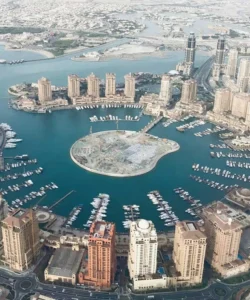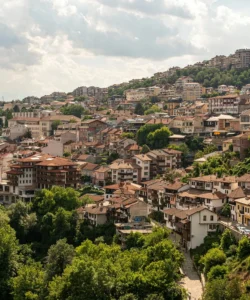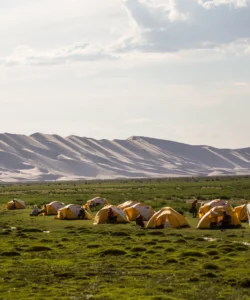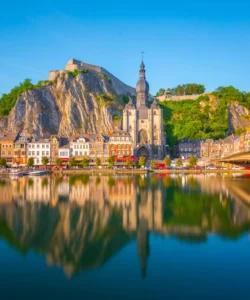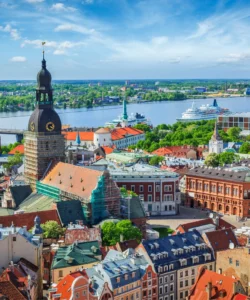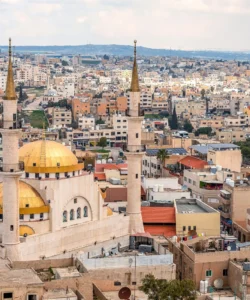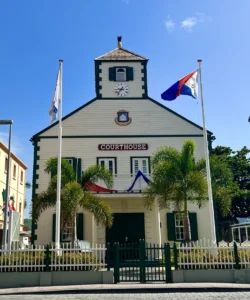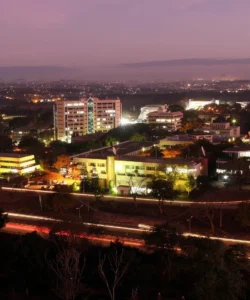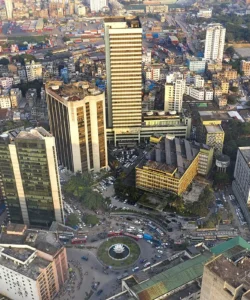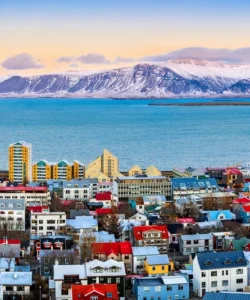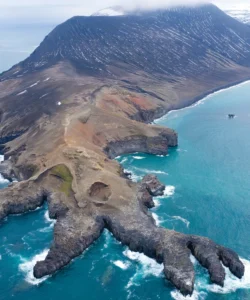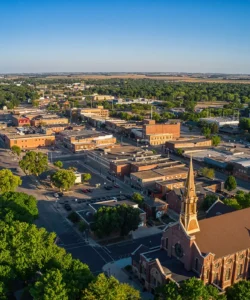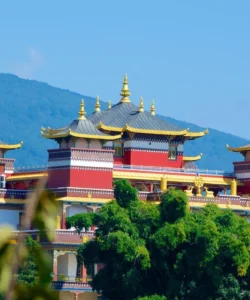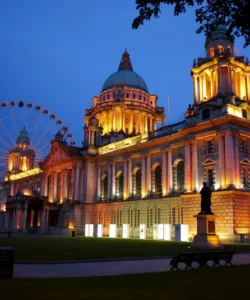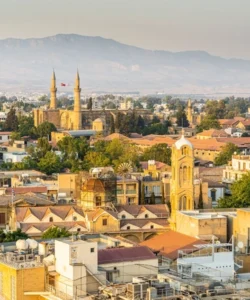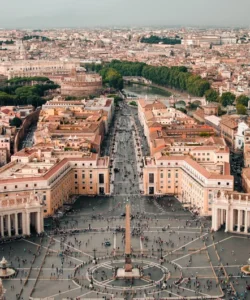The United Kingdom, officially the United Kingdom of Great Britain and Northern Ireland, is an island country in Northwestern Europe. It comprises the whole of the island of Great Britain (England, Scotland, and Wales) and the northeastern part of the island of Ireland (Northern Ireland), plus numerous smaller islands. The UK is a global power known for its rich history, cultural influence, parliamentary democracy, and diverse landscapes.
![]()
Area: Approximately 243,610 square kilometers (94,060 sq mi).
Population: As of 2023, the population is estimated at around 68 million.
Language: The official language is English. Regional languages with official status include Welsh (in Wales), Scottish Gaelic (in Scotland), Scots (in Scotland and Northern Ireland), Ulster Scots (in Northern Ireland), Cornish (in Cornwall), and Irish (in Northern Ireland).
Currency: The official currency is Pound Sterling (GBP), often simply referred to as “Pounds.”
Religion: The largest religion in the United Kingdom is Christianity, with the Church of England (Anglican) being the established church in England. There are also significant populations of Roman Catholics, Presbyterians, Methodists, and other Christian denominations. Other major religions include Islam, Hinduism, Sikhism, Judaism, and Buddhism. A significant portion of the population identifies as non-religious.
Capital: London is the capital and largest city of the United Kingdom. It is a leading global city in arts, commerce, education, entertainment, fashion, finance, healthcare, media, professional services, research and development, tourism, and transport.
Major Cities: Besides London, other significant cities include Birmingham, Manchester, Glasgow (Scotland), Edinburgh (Scotland), Liverpool, Bristol, Cardiff (Wales), Leeds, Newcastle upon Tyne, and Belfast (Northern Ireland).
Attractions & Wonders: The United Kingdom offers an incredible array of attractions, from ancient historical sites to vibrant modern cities and stunning natural landscapes:
- England:
- London: Iconic landmarks include the Tower of London, Buckingham Palace, the Houses of Parliament and Big Ben, Westminster Abbey, the British Museum, the National Gallery, the London Eye, and countless West End theatres.
- Stonehenge: A prehistoric monument, a UNESCO World Heritage Site, and one of the world’s most famous megalithic structures.
- Bath: A UNESCO World Heritage City famous for its Roman Baths and Georgian architecture.
- The Lake District National Park: A UNESCO World Heritage Site, renowned for its stunning mountains, lakes, and picturesque villages, inspiring poets like William Wordsworth.
- Stratford-upon-Avon: The birthplace of William Shakespeare.
- Canterbury Cathedral: A UNESCO World Heritage Site, one of the oldest and most famous Christian structures in England.
- York: A historic walled city with a magnificent Minster, medieval streets (the Shambles), and Viking heritage.
- Dover Castle and the White Cliffs of Dover: Iconic symbols of England’s coastline and history.
- Scotland:
- Edinburgh: The historic capital, dominated by Edinburgh Castle and known for its Royal Mile, Arthur’s Seat, and vibrant festivals.
- Loch Ness: Famous for its mythical monster and beautiful surrounding landscapes.
- Scottish Highlands: Vast, rugged, and wild landscapes, offering breathtaking scenery, hiking, and wildlife.
- Isle of Skye: Known for its dramatic landscapes, including the Old Man of Storr and the Fairy Pools.
- Wales:
- Snowdonia National Park: Home to Snowdon, Wales’ highest mountain, offering challenging hikes and stunning views.
- Conwy Castle: A magnificent 13th-century castle, part of a UNESCO World Heritage site (Castles and Town Walls of King Edward in Gwynedd).
- Cardiff Castle: A historic castle in the heart of the Welsh capital.
- Northern Ireland:
- Giant’s Causeway: A UNESCO World Heritage Site, an area of interlocking basalt columns, primarily hexagonal, the result of an ancient volcanic fissure eruption.
- Belfast: Home to the Titanic Belfast museum, tracing the history of the famous ship.
- Game of Thrones Filming Locations: Many iconic scenes from the popular TV series were filmed in Northern Ireland.
Architecture: The United Kingdom’s architecture is incredibly diverse, reflecting centuries of history and a mix of cultural influences:
- Prehistoric: Stonehenge and other megalithic structures.
- Roman: Remains of villas, baths, and Hadrian’s Wall.
- Norman/Romanesque: Early castles and cathedrals (e.g., Durham Cathedral).
- Gothic: Magnificent cathedrals (e.g., Westminster Abbey, Canterbury, York Minster) and later castles.
- Tudor: Characterized by half-timbered houses and grand manor homes.
- Jacobean & Elizabethan: More ornate, intricate styles.
- Palladian & Georgian: Elegant, symmetrical styles seen in country houses, public buildings, and cities like Bath.
- Victorian (Gothic Revival, Italianate, Neo-Classical): Dominant in the 19th century, characterized by ornate detailing and large-scale public and residential buildings (e.g., Houses of Parliament).
- Art Deco: Early 20th-century modernist style (e.g., Battersea Power Station).
- Brutalist: Post-war concrete architecture (e.g., Barbican Centre).
- Contemporary: A wide range of innovative and often iconic structures, particularly in London (e.g., The Shard, The Gherkin, Wembley Stadium).
Roads: The United Kingdom has an extensive and generally well-maintained road network. Motorways (M-roads) connect major cities and regions, offering efficient travel. A-roads are primary routes, and B-roads are smaller regional roads. Traffic congestion can be significant in and around major cities, especially during peak hours. Driving is on the left-hand side of the road.
Hotels: The UK offers a vast spectrum of accommodation options. In major cities, you’ll find everything from luxurious five-star hotels and international chains to boutique hotels, budget hotels, and numerous hostels. Throughout the country, there are charming bed & breakfasts, guesthouses, historic manor houses, holiday cottages, and unique stays like glamping sites and converted lighthouses. Rural areas and national parks have a good selection of traditional inns and country house hotels.
Restaurants: The UK’s culinary scene has undergone a massive transformation in recent decades, moving from a traditional reputation for bland food to a diverse and vibrant gastronomic landscape.
- Traditional British Cuisine:
- Fish and Chips: A quintessential takeaway dish.
- Sunday Roast: A traditional meal with roasted meat (beef, chicken, lamb, or pork), roast potatoes, vegetables, gravy, and Yorkshire pudding (especially with beef).
- Full English Breakfast: A hearty start to the day with bacon, sausages, eggs, baked beans, toast, mushrooms, and tomatoes.
- Shepherd’s Pie / Cottage Pie: Minced lamb (Shepherd’s) or beef (Cottage) topped with mashed potato.
- Bangers and Mash: Sausages and mashed potatoes, often with onion gravy.
- Steak and Kidney Pie / Pudding: Traditional savory pies.
- Cornish Pasty: A D-shaped pastry filled with beef, potato, swede (rutabaga), and onion, originating from Cornwall.
- Scones with jam and clotted cream: A key part of cream tea.
- Modern British Cuisine: Driven by celebrity chefs and a focus on fresh, local, and seasonal ingredients, blending traditional recipes with international influences.
- International Cuisine: London and other major cities are incredibly diverse, offering an unparalleled choice of international cuisines from almost every corner of the globe (Indian, Chinese, Italian, Thai, Japanese, Middle Eastern, etc.). Indian curry houses are particularly prevalent and popular.
- Pub Food: Many pubs offer excellent food, ranging from traditional pub classics to gastropub fare.



